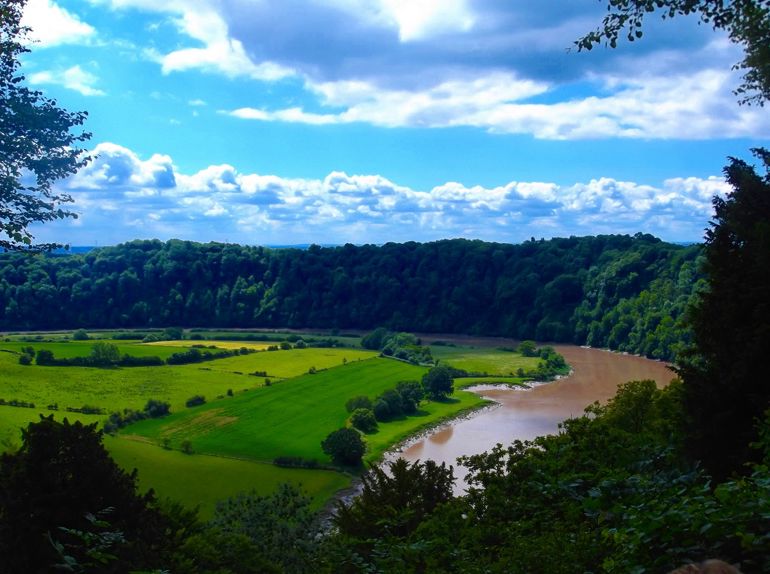Extra water released into Wye to combat extreme temperatures

Natural Resources Wales is to double the release of water into the Afon Elan from Caban Coch reservoir to lessen the impact of low water levels and high temperatures on fish stocks during the hot weather forecasted for the early part of next week.
The water will be released from the water bank in the Elan Valley which in turn will feed the River Wye. The water bank is a dedicated facility which stores water to be used for river management purposes.
Ann Weedy, Operations Manager for NRW said:
“Protecting Wales’ rivers and the wildlife that relies on them is one of the most important jobs that we do.
“Extended periods of dry weather, leading to low water levels in rivers can have a severe impact on the health and wellbeing of fish stocks resulting in less water for fish to live in, which in turn causes overcrowding and vulnerability to disease and predators.
“And hot, bright weather also increases the risk of algal blooms, which can lead to less oxygen in the water, which in turn causes fish to die.
“To help reduce the impact on the Wye’s fish populations including its salmon stocks, NRW along with the Environment Agency and Dwr Cymru Welsh Water, has taken the decision to release more water into the river.”
The release, which commenced on Friday afternoon will continue until Monday and will take three days to reach the lower reaches of the Wye, meaning that additional cooler water will reach these more sensitive lower stretches during the peak of the heatwave.
The short duration of the release will ensure the bank retains enough water in case of further extreme weather over the summer.
Ann added:
“We will be monitoring the success of this intervention to help make future decision about adaptive river management.
“Extreme heat and low river flows can cause great harm to fish stocks, but we have to take careful consideration on what actions we take to reduce the impact.
“Because of this we have to treat each incident on a case-by-case basis and take the appropriate action where required.
“The climate emergency is real, and we can expect to see more extreme events like this in the future.
“Where we can, we will take actions to mitigate the impacts, but we all need to do more to make our ecosystems more resilient.”
Chris Bainger, from the Environment Agency, said
“It is fortunate that with our present focus on the River Wye we have monitoring equipment installed which enables us to collect water quality data. This provides us with real-time data and will allow us to monitor the impact of these interventions as well as inform our future decision making in situations such as this.”
